Talking Japanese?
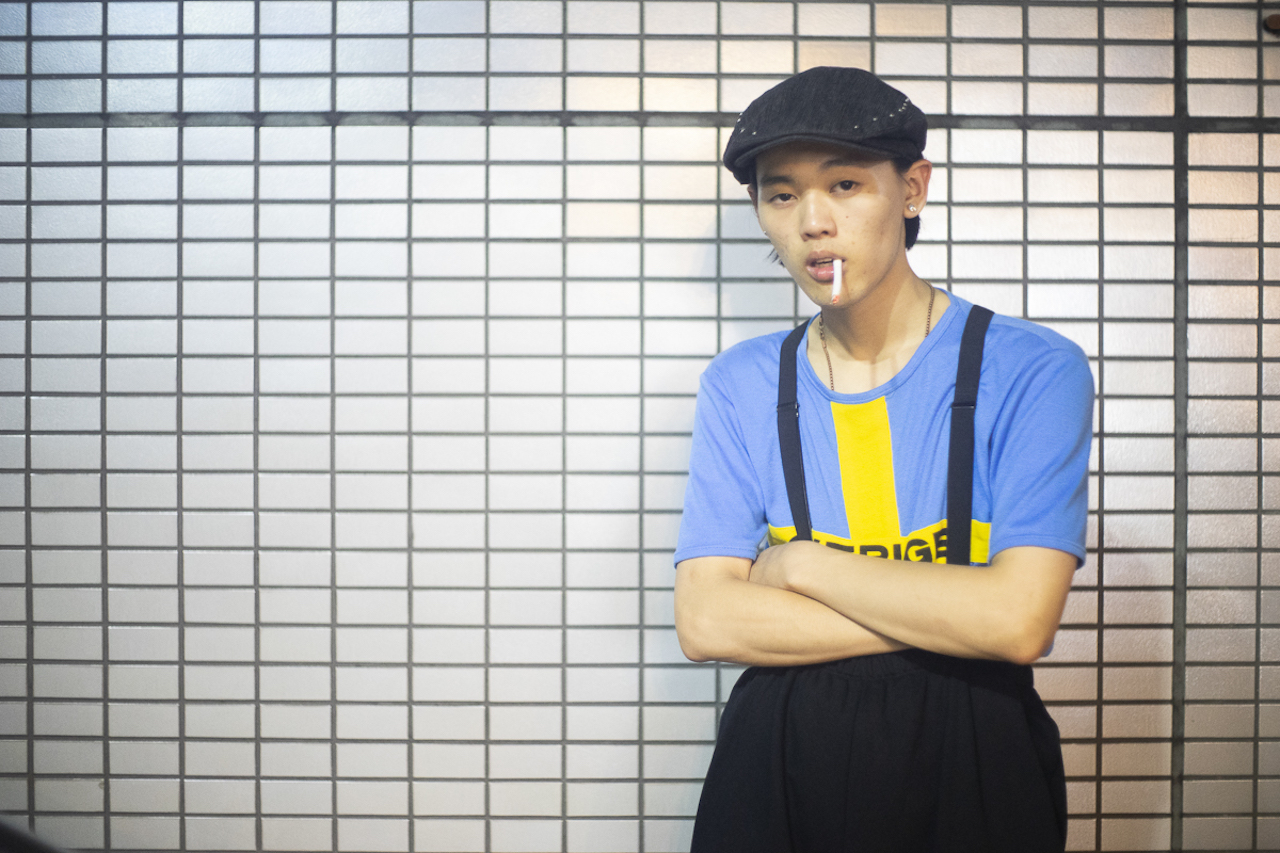
The Japanese language is a hard one to learn, trust me; I’ve been trying to learn it on and off for nearly seventeen years [rubbish of me, huh?]. So far, I can basically be quintessentially British in Japanese, namely overly-apologetic, self-effacing and perhaps a little timid. My Japanese essentially helps me apologise my way across Japan whether I’m bumping into someone on a train, asking for directions or lost in the middle of the woods next to a ‘beware of the bears’ sign requesting the help of two lovely old ladies who were busy chewing sweets while laughing at me [another story, another time].
When it comes to the Japanese speaking English, the results are somewhat similar; a 2013 study showed that only 20-30% of Japanese people reported being able to communicate in some form of English to some level. Yes, I know that study is seven years old, but very little has changed, although English signage across Japan - particularly in Tokyo - has commercially been ramped up over the last three years or so in the run-up to what was supposed to be the Tokyo Olympics this year.
Our point here, however, is not about the Olympics but rather that the Japanese are being cut out of imperative conversations on a global level, whether it’s the Black Lives Matter movement, the sustainability argument, gender equality or otherwise; they’re not being included in matters that, well, matter. And although there are some deeply entrenched cultural reasons behind this [as well as matters of education], we simply aren’t giving the Japanese the tools to talk with, we're
stubbornly asking them to learn our language instead of speaking theirs. Let’s begin by understanding the matters at hand. To start with, the education system in Japan asks that students learn English from the age of 8 until 18, yet many still ‘graduate’ from their learning with limited capacities for conversation. Grammatically, they may be proficient, but conversationally - to be able to talk about important subjects with others - they’re at a loss. As PSEUDO’s translator and interpreter Sho told us:
When it came to the Black Lives Matter movement, the Japanese literally couldn’t gather the information they needed on the matter because of the language barrier. At the moment young people need to gather information on their own using English if they are to be open-minded internationally. It is crucial to know the language if you wish to understand its culture/subculture fully and Black Lives Matter simply wasn’t a conversation they could be part of.
Sho, PSEUDO Moderator/Translator, Tokyo
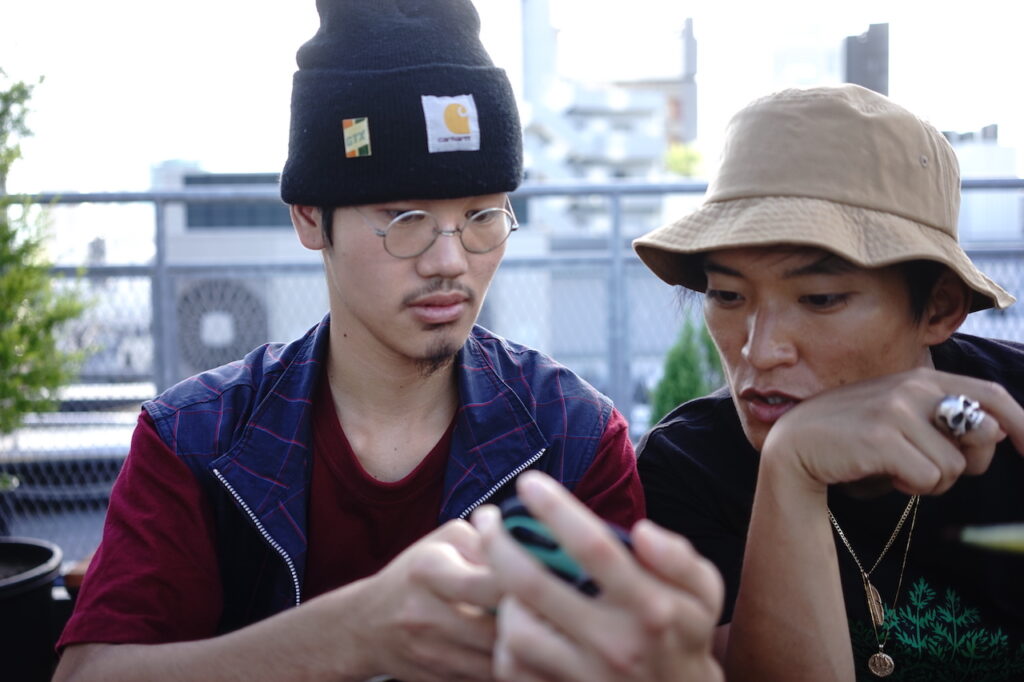
As others across Japan also told us, this feeling of being ‘away from’ the conversation carries across the country, with Hiyori - an 18-year-old in Osaka explaining to us:
I do feel distant from what’s happening globally. It’s hard to understand when foreigners are explaining a situation or making a statement as there isn’t much visual information I get to understand. Reading a long article in English takes much longer than the Japanese. To understand a news story takes a huge amount of time and effort, so I do feel a wall that is built by language differences, and it is hard to feel motivated to watch or read foreign news.
Hiyori, 18, Student, Osaka
I feel some distance to foreign topics as I don’t understand everything. If articles and such are all in English, I lose motivation to read it. As topics get harder, such as environmental problems there are more difficult English vocabularies, so it’s even harder to understand.
Hanon, 15, Student, Hokkaido
For veteran translator Momo, she agrees that one of the main problems sits with the education system in Japan, explaining that it tends to be focussed on ‘reading’ and ‘composition’, rather than ‘conversation’. For her, after eight years of education at school she still "literally couldn’t speak any English still." It wasn’t until she attended a private English conversation school at the age of 22 that she found herself in a position to be able to talk English in a way that meant she was able to converse with others.
Sho agrees, berating the fact that the lessons in schools don’t encourage creativity or even written, listening or speaking skills [which kind of leaves very little language left, huh?]. For him, continuing to be able to access English through pop-culture is important. "People here are taking English as a subject, not as a language, so that’s a problem."
As Tokyo-based Lawyer Oshima agreed: "the English language has to be a passion the youth want to share with others."
For those that are indeed able to learn Japanese - like Momo - it comes down to having the extra cash to do so, an experience not everyone can afford. As Sho explains, "they’ll go prep schools, cram schools, language schools and even private lessons to learn it, but yeah, you have to be pretty wealthy to be able to do that."
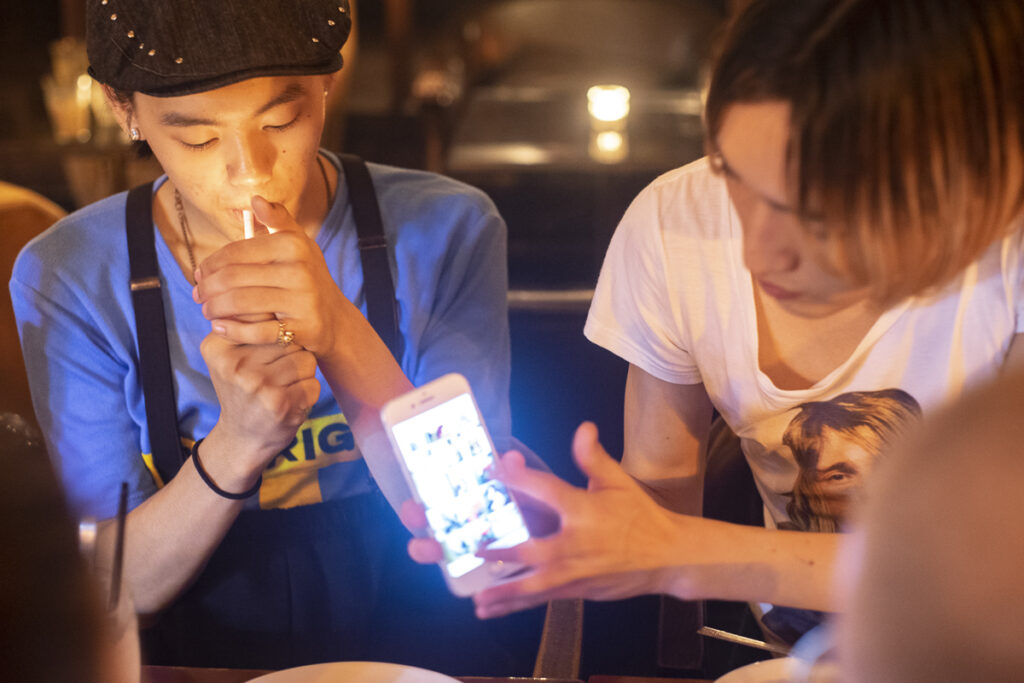
Alongside the education system, there is a cultural matter to take into consideration, for the Japanese hate to embarrass themselves. In this way, it’s better to avoid embarrassment than to possibly encounter it, with the Japanese preferring to wait until they can speak ‘perfect, accurate English’ than attempting ‘spontaneous English’. As Momo told us "the character of the Japanese is that they’re afraid of making mistakes, they try not to be embarrassed."
Even when she was learning English in Europe she was surprised that students spoke Japanese with such abandon "I was so shocked to see students not caring about their grammatical mistakes, they’d say things like “I did went’!"
Seeing this abandonment first hand, however, helped her overcome the embarrassment she culturally felt, "it broke the curse for me, I could finally relax."
For 24-year-old salaryman Ryojiro in Kanagawa this ‘fear of embarrassment’ stops him posting in English online, even though he is able to. "I’m afraid to post incorrect information or words and from that, I feel as if I’m making an excuse not to share information that I feel is important. I’m ashamed." Hiyori goes further, explaining "I don’t have the push to share my opinion on social media. In Japan, there is a negative image for people who share global topics and for those that show that they use their time and effort to understand global problems. They’re seen as ‘too passionate’ or ‘too straight forward’." For him, this cultural reflection means that it "makes it hard to share my thoughts, I shouldn’t care what others might think, but it prevents me posting. This isn’t just me; it’s a lot of young people too."
I had taught English in private junior / senior high school for 13 years. From my personal experience, it always about "A nail that stands will be hammered down" sprit that Japanese people have as their culture. It probably comes from their ancestors. You get teased and picked on when you raise your hand in classroom. Even when you give the right answer or on-point opinions. The jealous will tell the motivated "What's your problem? You wanna be teacher's pet?" or some sort. Students sometimes get bullied because of this. Also, Japanese people tend to be shy as a whole and fear of failing does take some part in it
Sho, PSEUDO Moderator/Translator, Tokyo
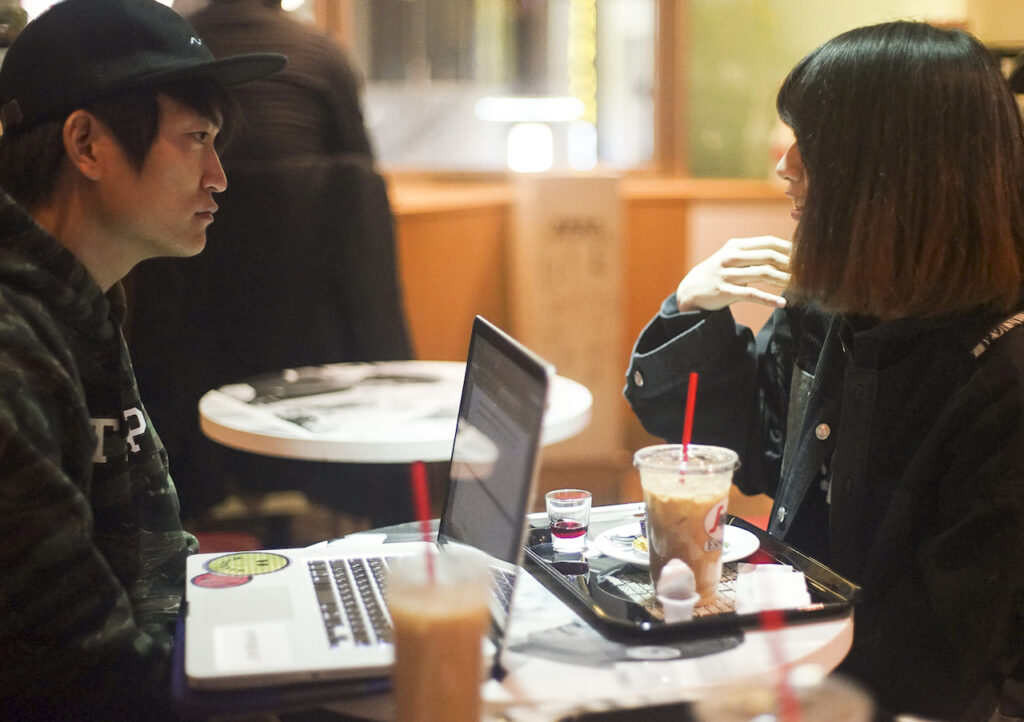
Online, there are two influencers in particular that our network called out as people they felt were helping to inform the global conversations, Rola and Kiko Mizuhara - social media celebrities using their power to make a difference. For student Hiyori, he feels it’s great that these influencers have the ability to inform and spread awareness, but again hates seeing the aggressive comments their posts can elicit: "Japanese people tend to be hard-headed, stubborn, and give opposition to ideas that do not agree with them. So, I want more influential people to show their attitude to be openminded and to accept other ideas.
During quarantine, Sho ‘had so much time’ that he decided to run an English tutorial channel, updating it every day while Tokyo was under the state of emergency.
"Then the George Floyd incident happened, I felt there was not enough - nor legitimate enough - information out there. The TV channels in Japan were just like 'there are riots everywhere in the States!’ but they didn’t explain why, no one talked about the Black community."
He continues, “Japanese people don't get racism because we've lived on an island forever, and most of us just don't care. I had to raise my voice. I also couldn't understand why so many fashion brands in Japan stay quiet until the last minute. So many streetwear brands make money by using Black culture, yet they didn't raise their voice till the very, very end of the movement - it was a bit disappointing to see. I wanted my viewers to understand why Black Lives Matter, so I did what I did.”
Importantly, the hunger for progression is as relevant in Japan today as it has always been. However, it feels like many conversations between brands and the Japanese have stalled. Why? Because brands have given up and it’s just too hard when there are bigger and ‘more open’ markets to the south and west of the country.
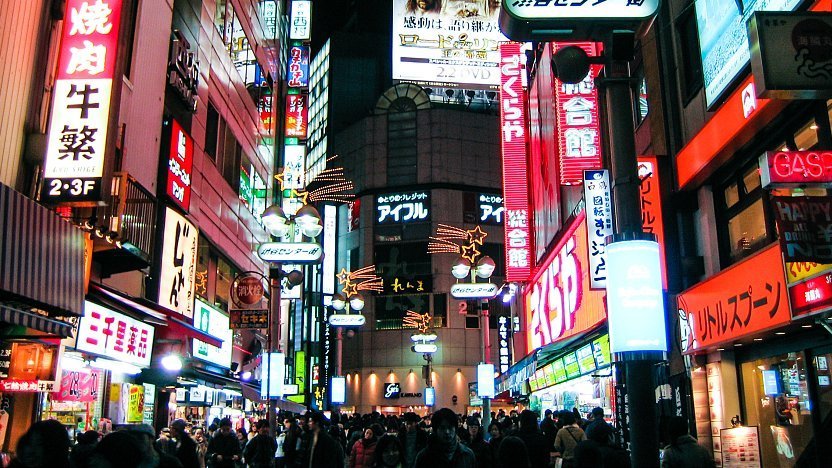
As we’ve tracked, the conversation with Japan has all but stopped save for those brands who want to be ahead of the curve. As the research we carry out for brands in Asia shows, understanding the passions and the behaviour of the Japanese is what’s truly needed in the country; for the Japanese are not ‘standardised’, they are not ‘obvious’ and as a culture, there are many, many intricacies [as well as oxymorons and all the rest of it]. I may have quoted him before but as author Pico Iyer said, ‘I understand Japan less than when I arrived twenty years ago’ [although I might have slightly misquoted him because I can’t find his book ‘A Beginner's Guide to Japan: Observations and Provocations’ on my bookshelf].
For so many years, Japan was seen as the place where cool was authenticated and validated, where trends emerged and where businesses could be globally successful if only they ‘cracked’ Japan. Expats arrived, money was hastily invested and brands tried to understand just how the Japanese consumer ticked and what could be learnt to speed the quest of global domination. But, the fundamental barriers brands would have to understand were far more complex than they thought. Selling cool was not as simple as they’d hoped and understanding the machinations of what makes something cool there was even harder.
The reality is, no one seemed to actually invest the time or patience to truly understand the beauty and insights that exist in Japan. Over the years, global brands lost the energy to invest and started to believe that the Japanese were too different to be worth understanding. Sell to them, just don’t talk to them—that sort of thing.
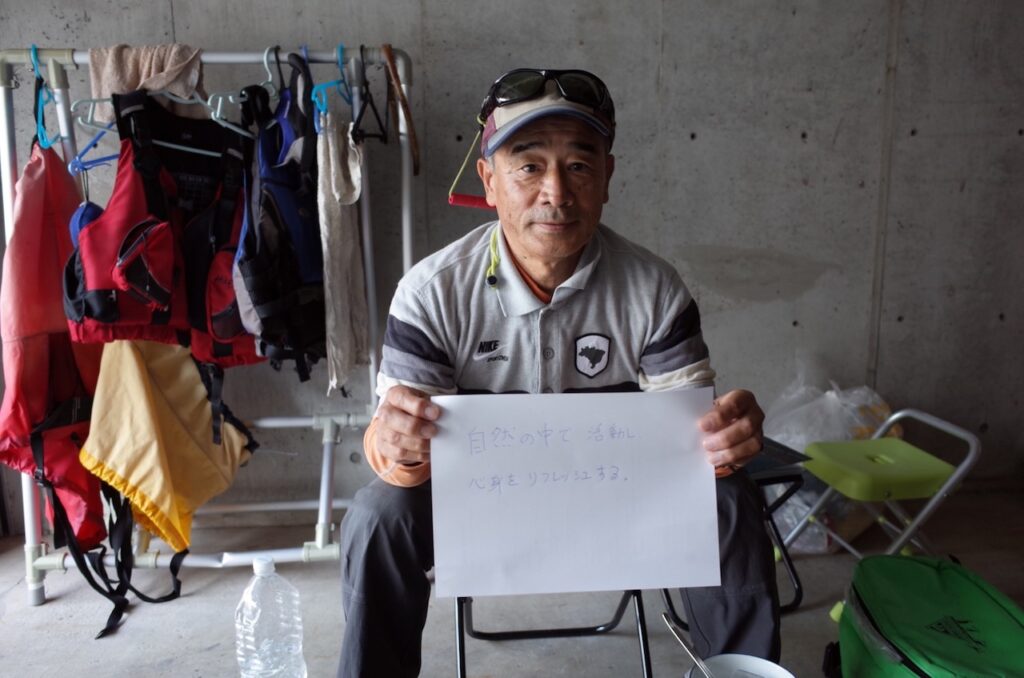
Yet, this is not the time to give up. Actually, it’s time to go deeper and to understand the fascinating dynamic between Japan, Korea and China. Something we’ve been studying for years now.
Just like it takes two to tango, it also takes two to talk [or three, in this equation] and at PSEUDO one of our key commandments that we've always spoken about is indeed giving consumers ‘the tools to talk’.
Whether it’s allowing them access to share your brand’s history, vision or values, giving them that correspondence - as such - is important for your brand wherever you’re trying to talk to the consumer. For the many brands that depend upon the culture of cool in Japan to validate them, talking to them in their own language is a matter of politeness and hell, we’re dealing with one of the politest cultures there are.
So, if they can’t come to us, let us go to them. Without any tools to do the talking, we’re missing whole swathes of conversation and education we could be doing out there, let alone selling. When we understand that learning English is culturally difficult, even awkward, the task has to come back to us.
We have to find ways to involve the Asian markets in our conversations, we have to understand our language is as difficult as theirs to master and we have to figure out a way to translate our talk tactfully. If you want one of the coolest markets in the world to do your talking for you, talk to them in a language they understand. And if you don’t know how to do that we have more than enough amazing translators to help you out. As Sho - who has been translating for Hypebeast Japan recently too - summarises:
If brands want their consumers aka their fans to understand their ethos, you have to tell them in Japanese. All of the brands who want to have heart-to-heart conversation with the Japanese consumers, hire PSEUDO, we know what we’re doing. If you’re not planning on learning Japanese, hire a good translator / interpreter / and business partner. PSEUDO is that partner.
Sho, PSEUDO Moderator/Translator, Tokyo
[Cover image by Alex Thomas, a photographer we love working with in Japan, see her 'Snack Mamas' series on the blog and 'Empty Tokyo' for more images].